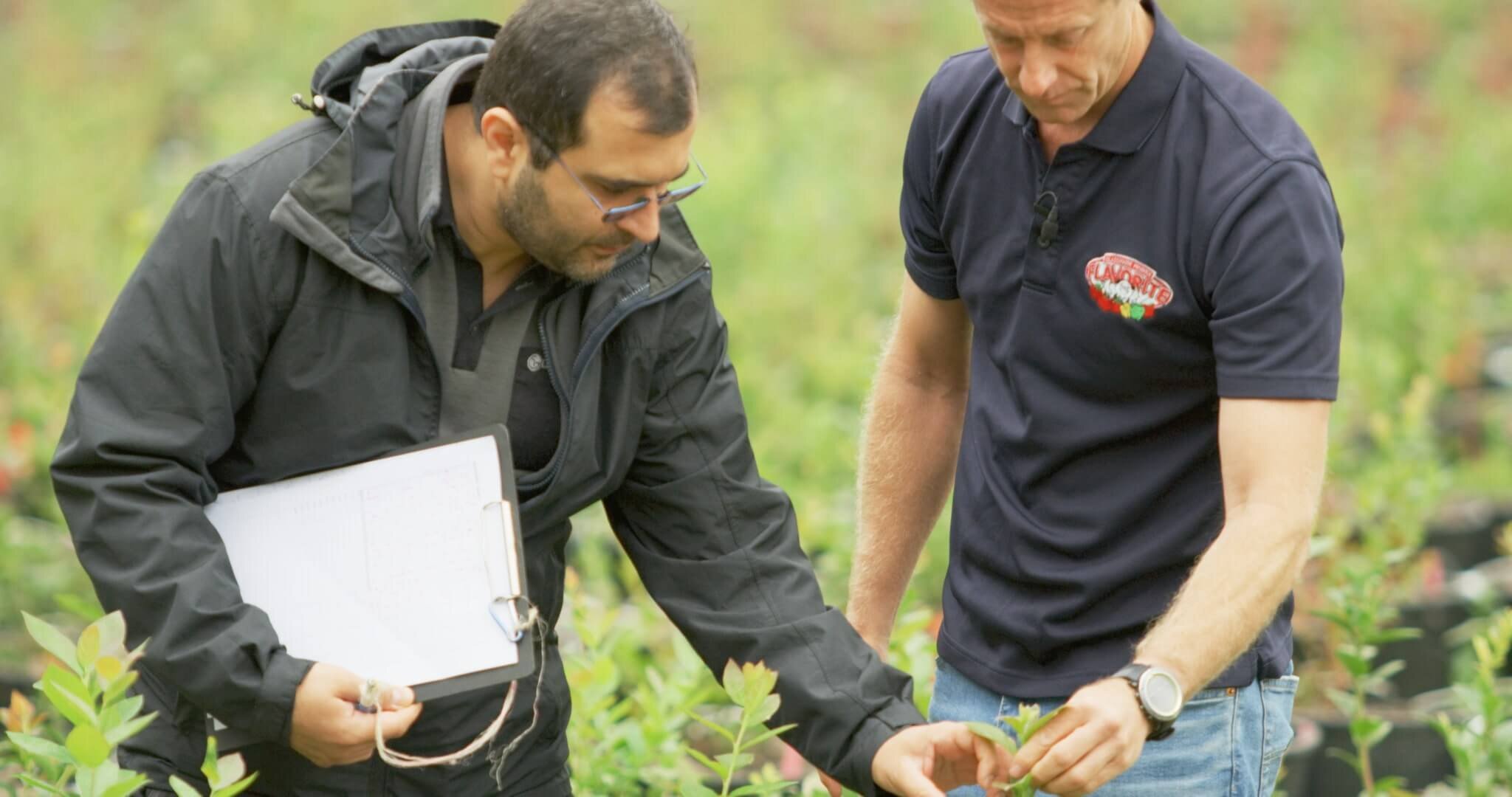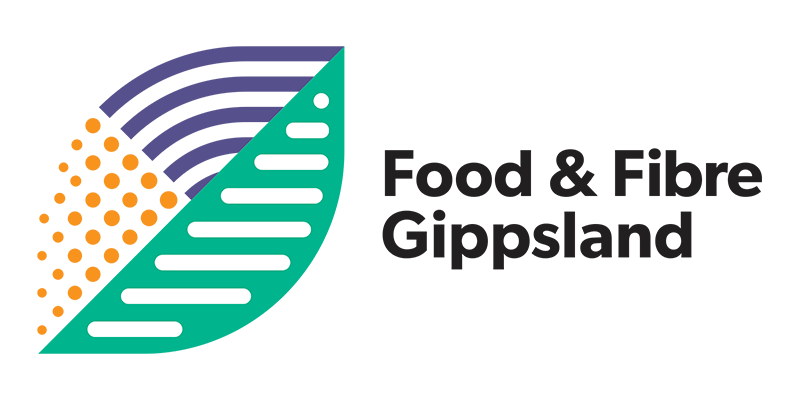
Workforce Training and Innovation
Developing workforce capabilities
As part of a range of strategies to support innovation and sustainable growth, Food & Fibre Gippsland, together with a range of stakeholders, recognises the need to develop workforce capabilities for now and into the future and to build stronger partnerships across industry, training providers and TAFEs.
To support this, significant grant funding has been secured to implement an innovative and collaborative project over a two-year period.
By no means is this a standard "business as usual" project and it is expected that it will deliver an online gateway model, combining different training delivery methods to meet the needs of both industry and the diverse employee base by:
Delivering open training and knowledge bases to a wider audience across industry where access to shared content is appropriate;
Reducing business transaction costs and improving productivity;
Providing a platform to monitor and evaluate training outcomes;
Supporting more recognition of skills, career pathways and continuous learning.
It is important to note that this is a pilot project and it will engage a small cohort of early adopters to deliver a tangible solution and sustainable exemplar for further industry adoption in Gippsland, and potentially beyond.
Due to its innovative nature, a continuous focus on reflective learning will be undertaken to ensure the outcomes being sought are delivered, and Dr Hill will be providing specialist guidance to ensure impact.
Dr. Julian Hill, Workforce Training & Innovation Program Manager
e: julian.hill@foodandfibregippsland.com.au
